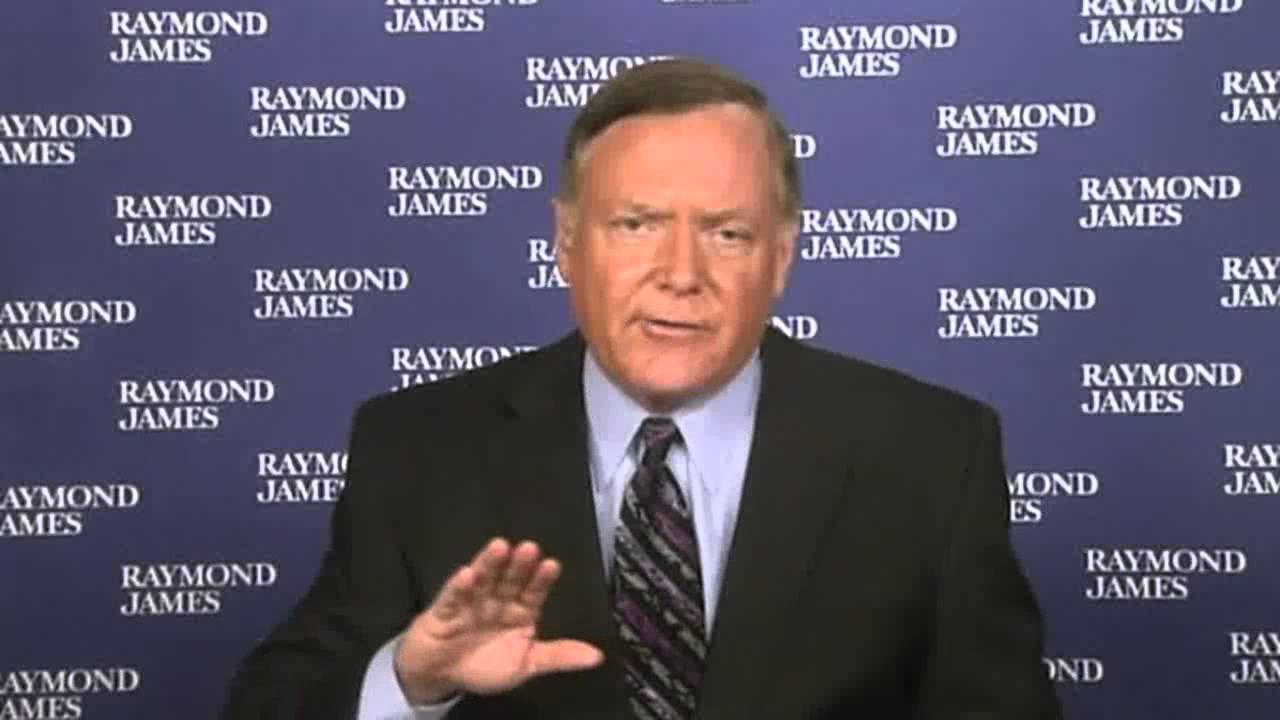by Blaine Rollins, 361 Capital
Absolutely crushed to see the Notre Dame Cathedral go up in flames today. Definitely one of the highlights of world architecture. I look forward to the day when it is again rebuilt to remind us of its former glory.
Corporate news moved to the front and center last week. Mega mergers and acquisitions, mega corporate product launches and bank earnings. Nice to see the micro news take the baton from the macro news for once. [backc url='http://www.dynamic.ca/leadership/eng/active.html?fund=dreii2f&utm_source=aa&utm_medium=banner&utm_campaign=alts_2019&utm_content=dreii2f']
Expect more of the same the next few weeks as earnings news takes on heightened importance with a Brexit deadline falling away to October and global trade news becoming tiresome.
Of interest is that market volumes hit new year-to-date lows on a near daily basis. So either investors are happy with their portfolio, or, they have no idea what to to with their portfolios, or passive investing is taking all of the market share for equity assets under management. Interesting times as the S&P 500 floats towards its October highs.
Technology and Growth stocks remain the winners year to date, while Healthcare is now racing Gold for the red lantern prize. This is a short week due to Good Friday, so enjoy the quick earnings rush followed by the long weekend.
To receive this weekly briefing directly to your inbox, subscribe now.
That is a big strategic deal…
Chevron buys Anadarko for $50b in stock and cash. The market looks a bit disappointed but probably because Chevron had to pay above Occidental to get the deal done.
Strong Strategic Fit: Anadarko’s assets will enhance Chevron’s portfolio across a diverse set of asset classes, including:* Shale & Tight – The combination of the two companies will create a 75-mile-wide corridor across the most attractive acreage in the Delaware basin, extending Chevron’s leading position as a producer in the Permian.
* Deepwater – The combination will enhance Chevron’s existing high-margin position in the deepwater Gulf of Mexico (GOM), where it is already a leading producer, and extend its deepwater infrastructure network.
* LNG – Chevron will gain another world-class resource base in Mozambique to support growing LNG demand. Area 1 is a very cost-competitive and well-prepared greenfield project close to major markets.
Disney moved to take $7 out of your wallet each month…
And the successful outlook for its new delivery strategy added $20B in value to its market cap.
In a lavish presentation on the Disney lot, Robert A. Iger, Disney’s chief executive, offered long-awaited details about his counterattack on the tech giants that have moved into the entertainment business. The linchpin is Disney Plus, a new subscription video service dedicated to movies and shows from Disney, Pixar, the “Star Wars” franchise, National Geographic and Marvel.
Disney Plus will cost $7 a month and arrive on Nov. 12. (Netflix’s cheapest plan is $9, and its standard plan is $13.) Disney said it intended to roll out the streaming service in Europe and Asia starting next year. It expects subscribers to total 60 million to 90 million by 2024.
“We are all-in,” Mr. Iger said.
In its first year, Disney Plus will offer 10 original films and 25 original series, including three “Avengers” spinoffs. Disney announced that all 30 seasons of “The Simpsons” would be available on Day One, along with nearly all the “Star Wars” movies, the entire Pixar library and family-focused movies and shows from its Fox library like “The Sound of Music” and “Malcolm in the Middle.”
(NYTimes)
Q2 earnings reports began last week…
The big banks always lead us off. Note this chart showing the relative performances of J.P. Morgan and Wells Fargo. Now guess who had a good earnings report and outlook, and who didn’t. If Wells Fargo stock would have reacted better off of their disappointing earnings then you could have made a case for a better outlook for bank stock prices. But with the stagecoach in the ditch, it is still a stock pickers market in the banking sector.
Please stop…
No one who understands the financial markets believes any part of this statement.
Sign of the times…
Greek bond yields hit the lowest level in nearly 14 years, highlighting a comeback for the country that was the focal point of a debt crisis which crippled the Eurozone a decade ago.
The benchmark 10-year yield fell 3 basis points to 3.274 percent, its lowest since September 2005, according to Refinitiv data. The fall, which comes as a result of a rally in the price of the government paper, marks a stark contrast from eight years ago, when yields climbed above 40 percent.
Interesting visual showing just how cheap the European equity markets are relative to some individual U.S. companies…
@tracyalloway: BAML really hammering home the point about Europe’s relatively unloved equity markets. Starbucks’ market cap is worth more than all of the MSCI Ireland Index, for instance.
Technology vs. Healthcare…
The best and worst performing sectors year to date. Such a dramatic difference.
For the week, risk was again preferred with the major stock indexes gaining along with high yield bonds…
And among sectors, only Biotech and Healthcare had a week to forget…
The Industrial sector has a headwind…
“Having two crashes in rapid succession with no survivors is really unprecedented in modern aviation industry,” said Chesley B. Sullenberger III, the retired pilot who landed a jet in the Hudson River. “This is going to be a huge hit to Boeing. What they need to do now is to behave in a way that proves themselves worthy of the public’s trust.”
An aerospace behemoth with more than 140,000 employees, Boeing has annual sales of some $101 billion. It is the largest manufacturing exporter in the United States and is the largest component of the Dow Jones industrial average. When Boeing does well, it can lift the fortunes of American industry and thousands of staff. But when the company hits turbulence, the effects quickly ripple across the globe…
Boeing, which will report earnings this month, will undoubtedly take a financial hit this quarter, and most likely for the rest of the year.
“Boeing revenue, profit and margins for 2019 are in jeopardy after the grounding of its 737 Max,” according to a report by Bloomberg Intelligence, which estimated that the cost of lawsuits and reimbursements could total $1.9 billion in just six months.
And while Boeing has already taken orders for more than 4,600 additional Max jets, representing the vast majority of its total backlog and billions of dollars in future sales, it may find new orders in short supply. On Tuesday, it said there were just 32 new orders for the jet in the first three months of the year, compared with 122 a year earlier. Boeing this week slowed its production of 737 planes to 42 a month, from 52, with most of those being the Max model.
(NYTimes)
Your big earnings calendar for the short holiday week…
A reminder that China is the world’s growth engine…
“We open a new store in China every 15 hours,” said Starbucks CEO, Kevin Johnson. “In the coming 3yrs, we’ll open stores in 100 new Chinese cities, each one with a larger population than Los Angeles.” Like most CEOs, he was out ahead of his skis. But China’s top 18 cities are larger than New York City (our largest). They do have 27 cities larger than LA (our 2nd largest). 43 that are larger than Chicago (our 3rd). And 140 cities larger than San Jose (our 10th). “How long can we keep doing this?” asked Johnson, rhetorically. “Beyond my lifetime.”
(Eric Peters/wknd notes)
And not just for coffee drinks, but also for Hollywood…
Drop, Fall, Tumble…
After trading in the mid $80s on the first day of its IPO, LYFT Inc has now fallen over 20% providing new investors to buy in at the price of the last VC round.
To receive this weekly briefing directly to your inbox, subscribe now.
Should a company fetch a $100B valuation when one of its major competitive threats is a ‘scooter’?
A buyers market is emerging among the former hot housing markets…
The tightest housing markets in the U.S. are unwinding in time for the key spring selling season, giving buyers an edge for the first time in years.
San Jose, at the heart of California’s Silicon Valley, had the biggest gain in inventory in the first quarter, jumping 55 percent from a year earlier, according to a study by Trulia of the 50 largest metropolitan areas. Seattle, Salt Lake City and San Francisco followed. At the same time, the number of listings is shrinking in cheaper markets, led by Washington; Baltimore; Kansas City, Missouri; and Oklahoma City.
Homes in many previously hot areas are piling up as demand cools. Buyers stepped back last year after a spike in mortgage rates exposed an affordability crisis, especially in western urban centers where bidding wars were the norm. Now, even as borrowing costs have dropped back down, sales have been slow to rebound.
A reminder to NEVER take Social Security early…
Unless of course you don’t plan on making it to a 7-handle.
Make a backup plan for travel if you have booked on any of these airlines this summer…
The grounding of Boeing Co.’s 737 MAX jetliners continues to ripple through the airline industry, with two airlines now extending flight cancellations into August as efforts to fix the planes are beset with delays.
American Airlines Group Inc. said Sunday that it will cancel MAX flights through Aug. 19. Southwest Airlines Co., which has the biggest fleet of MAX jets, has pulled the plane from its schedules until Aug. 5. Together, the two airlines will be cutting an average of 275 flights a day.
While some airlines initially expected to see nearly 400 grounded jetliners back in service by later this month or early May, some are anticipating the jets could be out of service for most or all of the summer. Boeing has proposed a software fix for problems detected during two deadly crashes that it expects to be completed in the coming weeks, but regulatory approval would come later.
(WSJ)
Copyright © 361 Capital





























